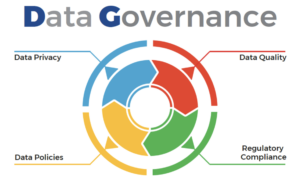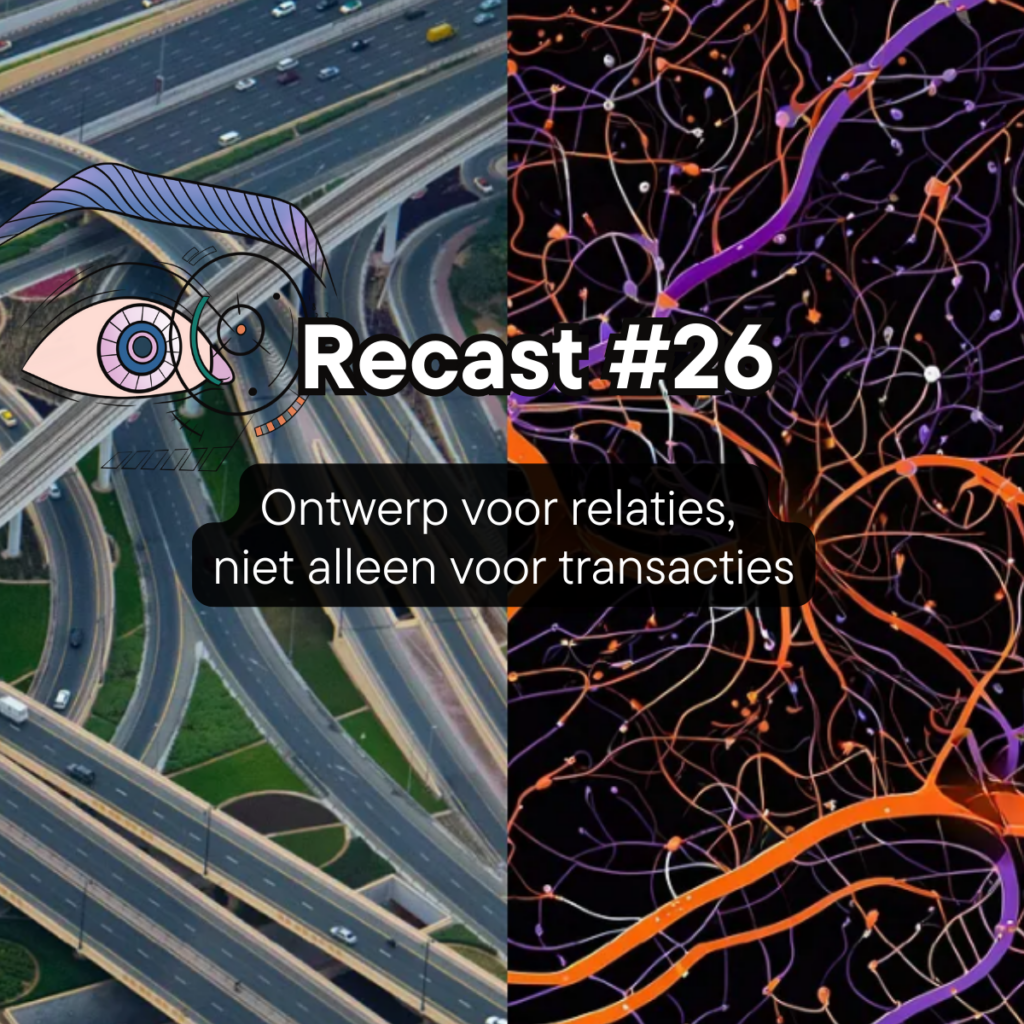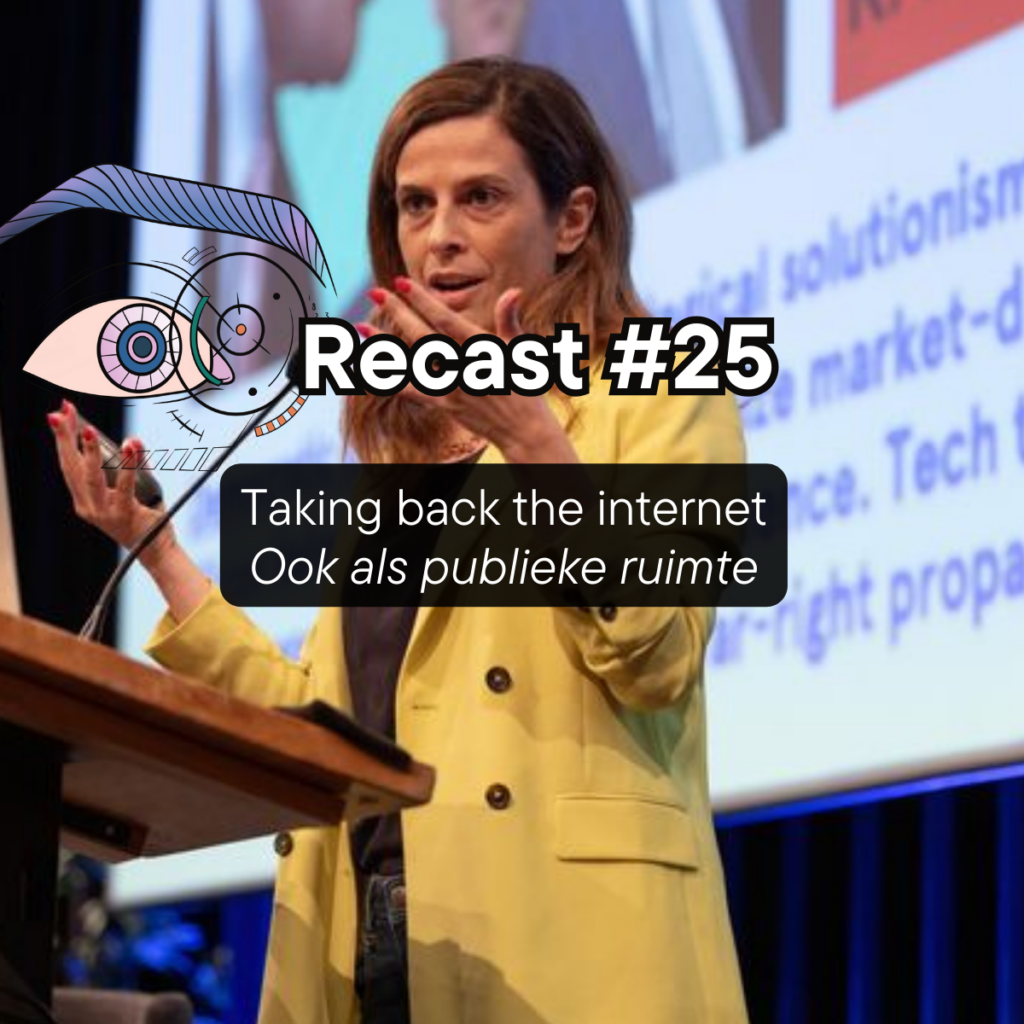Article
Democracy Goes Digital: Or Does It? By Prabhnoor Kohli
🔻Intro
It is often considered that digitisation will liberate people, improve the efficiency of public institutions and foster Democracy. However, the connections and interactions between actors in this sector, like institutional settings, internet regulation and digital rights, are complicated.
Following the Arab Spring, we witness new forms of self-expression in cyberspace. However, we are also seeing phenomena such as the ‘Streisand effect’: an attempt of citizen control over information is causing it to spread further and faster.
How can digital rights be guaranteed while preserving citizens’ privacy and equality ? What technologies need to be put in place? And which institutions must ensure compliance? In this blog, our author has addressed these questions and the need for equal access to digital resources for social improvement, following the first mode of Hybridisation in the Hybrid Democracy hexagon, Anarchy- Autocracy Hybridisation.
————————————————————————————————————-
Our author Prabhnoor Kohli is working as a Researcher at the Hague Tech on a project to map energy innovation across South Holland. She graduated with a Masters in International Relations and Diplomacy at Leiden University, and her final thesis was ‘decolonising internet governance for better digital access’.
————————————————————————————————————-
🔻BLOG
Democracy goes digital: or does it?
A summative analysis of the interaction between digitisation and citizen empowerment.
By Prabhnoor Kohli
To say that our lives are entirely entangled with growing global digitisation would be an understatement. Technological developments impact every aspect of our lives in multifaceted ways and this dynamic tension is also boiling in the interdependent relationship between digital transformation and the political sphere. Democracies have always been able to swing through to autocracies, but this is further reinforced in our current societies with many (technological) tools at hand that allow states to switch up their politics with ease. Similarly, empowerment has gained new meanings with individuals having access to several instruments that allow them to rebalance the power structures in society – also possible because of the digital access available to us. In this article, I will shed light on the interaction between digitisation and the citizen empowerment, specifically in reference to the democratic behaviour of individuals, states, and corporations.
The relationship between governments and digitalisation is incredibly layered and operates at different levels. One of the most basic ways of decoding it is via the governance aspect, which by itself is also quite complex. The overarching concept of ‘digital’ or ‘cyber’ governance includes the governance of the internet, data, technological development, information access, security and privacy, practices related to fair use of technology, inclusive and accessible digital resources to name a few[1]. The complicated part about governance decisions at the national or regional level is that they have consequences that are global and go well into the future.
For example, in terms of data governance, the European Union’s General Data Protection Regulation (GDPR) from 2018 has impacted the capitalization of data across the globe. More than analysing whether the move was a good one or not, at present the focus is on how the EU systematically forced all corporations worldwide to follow its rules[2]. Additionally, there is also the important element of how this might make the EU less attractive as a consumer base because of the structural change that was forced upon industries[3].

Four major aspects of Data Governance. Source:Data Governance 2.0
Another example from the dynamic field of internet governance can come into play here, shedding light upon the powerful position of one country – the USA – not even when the governance of the internet is under state control[4]. Internet governance operates in a multi-stakeholder fashion, largely controlled by several private organisations. The interesting part about this is that most of these private organisations are headquartered within North American territory. It gets even more interesting once you start identifying the big corporations and their investments (financial and otherwise) in the various functions that constitute multi-stakeholder internet governance. Most of these corporations (Facebook, Google etc) have an overwhelming presence in the USA[5]. This private ownership of a public process like internet governance represents exactly how complicated it is to regulate and moderate digital progress in a fair and equitable manner.
It is somewhere between this confusing journey from a government controlling digital access to drive politics and large corporations regulating digital technologies for maximum profit, that we find the space to mobilise as democratic citizens in our digital societies. To be fully empowered in a complex world as ours today, individuals need to be aware and in control of their digital rights. One of the most comprehensive definitions of digital rights was brought forth in a 2019 research publication[6]. According to the authors, the umbrella of digital rights contains four spheres:
- through viewing the digital as a space/spaces and thus digital rights as a translation of conventional rights to digital spaces,
- through viewing the digital as data representation of physical entities, therefore focusing digital rights on data security and privacy,
- access to digital spaces and meaningful participation, and
- participation in the governance of the digital or the Internet.

The path to a fully empowered digital society is not an easy one. One of the most pressing challenges at hand is the inequality in access of digital resources to everyone[7]. This is a direct consequence of both governmental and private agendas leading to unfair distributions. It is also an indirect outcome of societal discrepancies and barriers that are reinforced by the lack of digital rights. Another challenge is the radicalisation of public opinion that happens at a very quick speed in the virtual world[8]. The spread of disinformation is equally at the hands of governments, corporations, and individuals. One more challenge then becomes the low level of trust in new technologies, also related to decreased trust in the public and/or private sector, thus leading to hesitation in becoming more digitally equipped[9].
The problems that arise with technological development are much more multifaceted than can be summed up in one article. Thus, to conclude, I would like to emphasise on the smallest step to help start the process of empowerment: to become more conscious of one’s own digital rights and to share this knowledge with others. Additionally, it is always a great idea to participate in governance processes wherever possible and permitted. Changing the discourse from the emphasis on the negatives of technology (which are mainly related with public and private misuse) to the positives of technology can help empower millions today.
————————————————————————————————————-
What do you think are the difficulties of formulating effective digital rights and their adoption?
Follow Hybrid Democracy at Digital Society School on Twitter for more expert blogs and insights on emerging trends.
Find more blogs from experts, researchers and students who shared their opinions on changing aspects of Democracy due to digital transformations here.
[1] https://www.opengovpartnership.org/policy-area/digital-governance/
[2] https://privacyinternational.org/long-read/2207/why-and-how-gdpr-applies-companies-globally
[3] https://datainnovation.org/2019/05/the-eu-needs-to-reform-the-gdpr-to-remain-competitive-in-the-algorithmic-economy/
[4] https://www.cfr.org/report/maintaining-us-leadership-internet-governance
[5] https://www.atlanticcouncil.org/in-depth-research-reports/report/the-politics-of-internet-security-private-industry-and-the-future-of-the-web/#mapping
[6] https://jun-etan.com/documents/Digital-Rights-in-Southeast-Asia-Conceptual-Framework-and-Movement-Building.pdf
[7] https://www.un.org/development/desa/dspd/wp-content/uploads/sites/22/2020/07/Closing-the-Digital-Divide-by-Jan-A.G.M-van-Dijk-.pdf
[8] https://www.rand.org/content/dam/rand/pubs/conf_proceedings/CF300/CF373/RAND_CF373.pdf
[9] https://www.forbes.com/sites/forbestechcouncil/2021/06/28/trust-in-tech-industry-is-at-all-time-low-four-ways-to-change-that/?sh=219cc7f929f0


